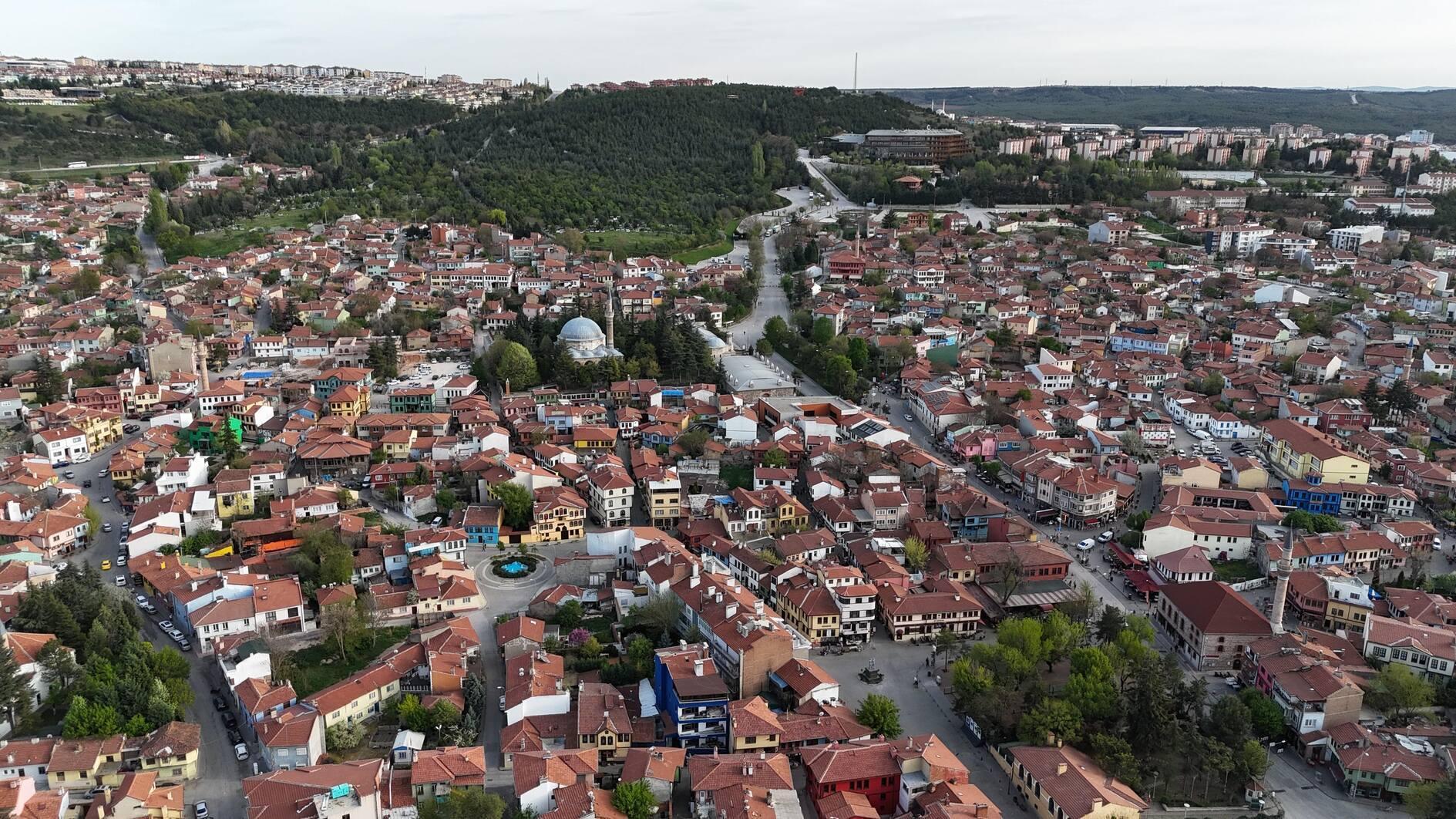Is Turkey in war?
For the first time, the Islamic State of Iraq and the Levant (ISIL) opened fire on Turkish territory. For the first time, the Kurdistan Workers’ Party (PKK) attacked ISIL within Turkey.
For the first time, Turkey conducted air operation against ISIL. And for the first time, Turkey will open the İncirlik airbase for U.S. warplanes.
Let’s try to understand what’s happening.
Is Turkey in war?
Yesterday, Prime Minister Davutoğlu said the last word on that question by saying, “Turkey has not been and will not be part of any war.”
Ankara has still not taken the position of “offence.” It is still on “defense,” or what security sources in Ankara call “active defense.”
Accordingly, Ankara strikes back only if there is a threat directed at it. Davutoğlu’s statement implies that this principle will be preserved.
Is a safe zone being built?
Since the İncirlik base will be opened to U.S. warplanes, International Air Transport Association (IATA) lays international convictions on both Turkey and U.S. Accordingly, they have to provide the security for the U.S. warplanes. Therefore, special secure areas need to be built that would outlaw the entry of any civilian, commercial aircraft to these zones.
Yet, yesterday, it has been reported in the Turkish press that a “no-fly zone” (NFZ) will be built along the border, which would outlaw the entry of any military aircraft to these specified zones. Security sources in Ankara confirm these reports and say that restricted, cubby-like areas will be set up along the border and also beyond the border on the Syria side.
According to the news published at our daily yesterday, Turkey and the U.S. have reached an agreement on the foundation of a NFZ, which will be 90-km long and 40-50 km deep on the other side of the border. It was written that the area will be patrolled by U.S. and Turkish aircraft.
Will Turkish troops enter the zone?
A retired Turkish general who I spoke with emphasized there is no need to launch troops for a NFZ and that it could be kept under surveillance by aircraft and technological equipment as well. In case there is any attack, air force could respond.
An important point to emphasize is this zone cannot be called a “safe zone,” since the later would also require de-militarization on the ground.
A ground operation, on the other hand, does not lie on neither U.S.’s nor Turkey’s agenda.
Is a UN decision necessary?
No. Article 51 of the United Nation grants the right for defense in the case of any armed attack. Turkey can appeal to this article since ISIL opened fire on Turkey.
Will UN and/or NATO get involved?
According to the same article, Turkey’s ongoing and similar interventions don’t require an extra U.N. Security Council decision.
On the other hand, Ankara could apply to NATO, which Turkey has been a member of since 1952.
Under Article 4 of NATO, any member state can convene a meeting of NATO members when it feels its independence or security is threatened. And Article 5 states that any armed attack against one member state is an attack against all members.
Hence, Ankara might ask NATO to invoke these two articles. Yet this is not probably since, first of all, the public opinion of the Western countries would oppose any intervention against ISIL. Moreover, Turkey doesn’t need this as it already coordinates with the U.S. and is not planning a more extensive operation.
Will the US give up on Syrian Kurds?
On the one hand, the Democratic Union Party (PYD) and PKK have been U.S.’s strongest and foremost allies on the ground against ISIL in both Iraq and Syria.
On the other hand, the PKK, which shares the same support base with the PYD, is resorting to violence in Turkey again. And for the last two days, Turkey has been launching extensive operations against ISIL jihadists and PKK militants in Turkey.
Moreover, Turkey will become much more actively engaged against ISIL in the upcoming weeks. In other words, it will fill the gap that it left and which was filled by PYD instead, thereby decreasing PYD’s role in the anti-ISIL struggle.
However, despite these reasons, the U.S. will not take the Syrian Kurds, whom it has greatly invested in and needs at the moment, out of the equation.
Hence, this poses the biggest challenge for Washington in the near future. The U.S. will try to deal with it by bringing Ankara and PYD to meet halfway and pushing for the re-activation of the peace process in Turkey.
Moreover the U.S. would not want the PKK to withdraw its forces from northern Syria and orient them instead to Turkey, which would serve to weaken the fight against ISIL.
What about Turkey?
In addition, since Turkey is becoming more active in Syria, it will need the PYD’s support on the ground. Furthermore, in case there is any threat towards the NFZ, Ankara would need the PYD’s help, since Syrian Kurds will remain in the area of that zone.
In short, Ankara might start considering the PYD as a partner, even if indirectly.
On top of this, war with ISIL is hard enough. Therefore, Turkey cannot afford to also struggle against the PYD in Syria while dealing with instability domestically.
What about Assad?
Since Turkey is fighting against ISIL today, it has automatically adopted the “first ISIL, then Assad” principle of the U.S. And this is why the cooperation between Turkey and the U.S. is stepping up.
Yet, on the other hand, the U.S. and Russia have lately been voicing more often that there is a need to switch to a regime in Syria without Assad.
It seems that a compromise has been reached on this, yet it is subject to execution in midterm.











